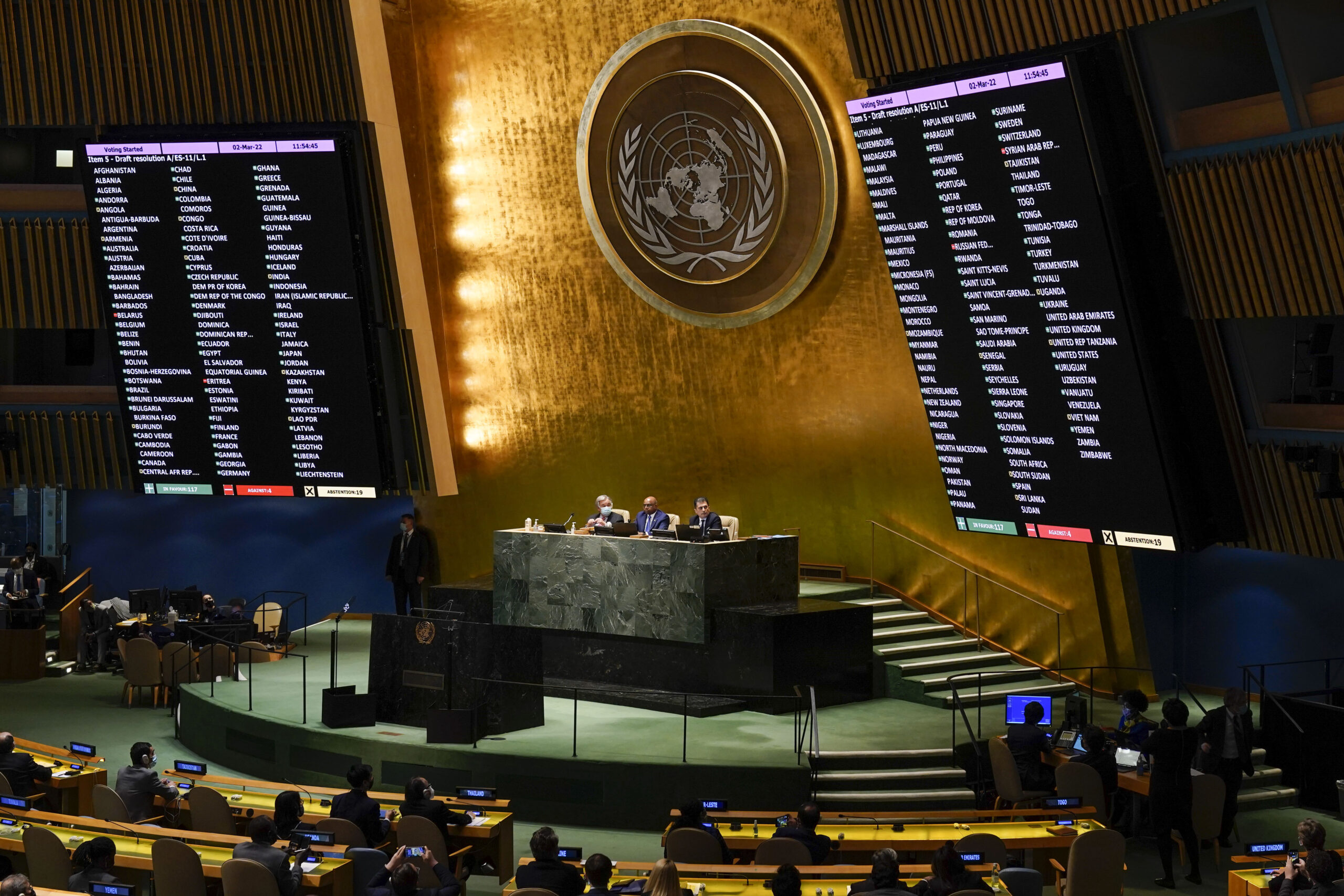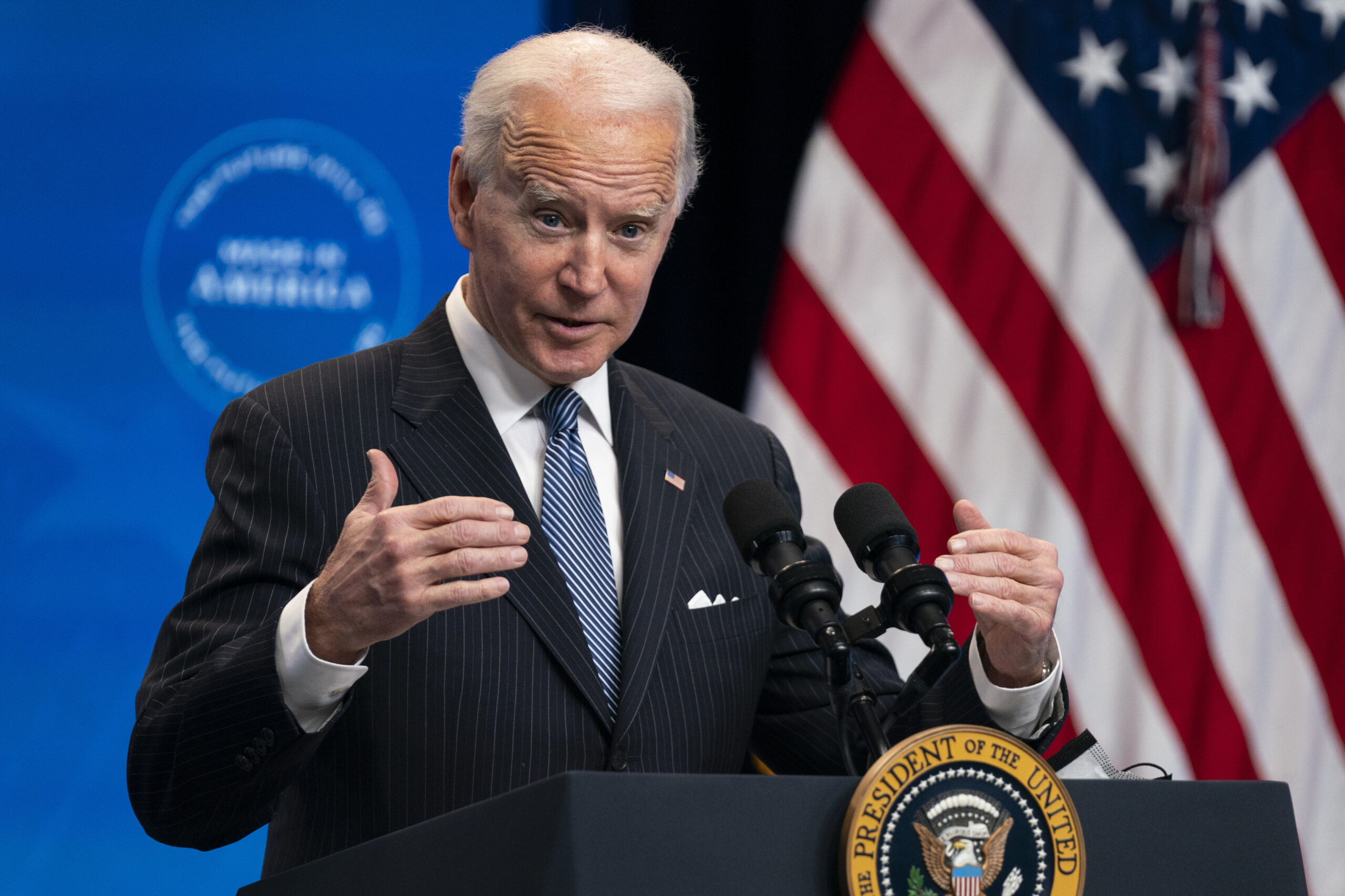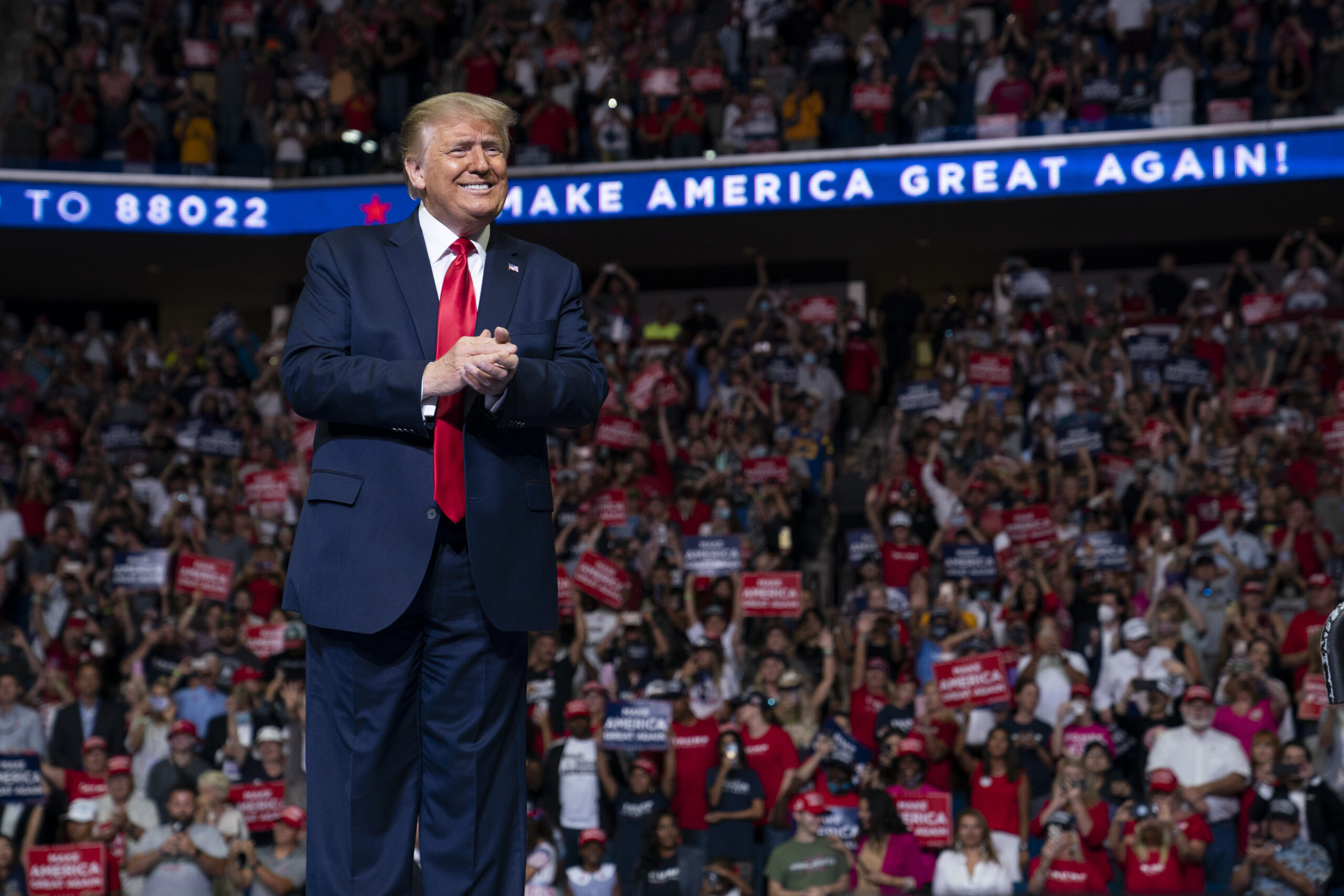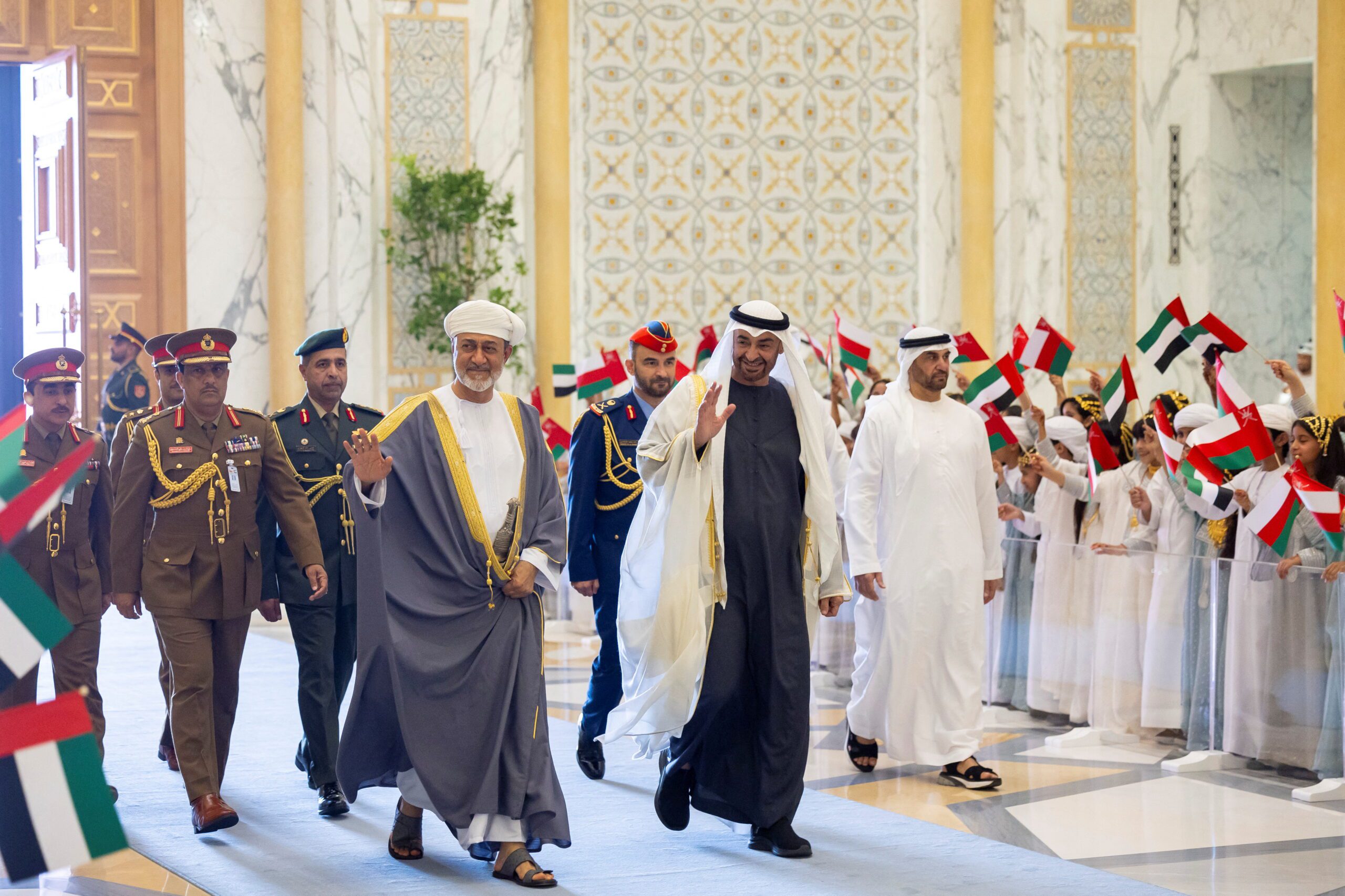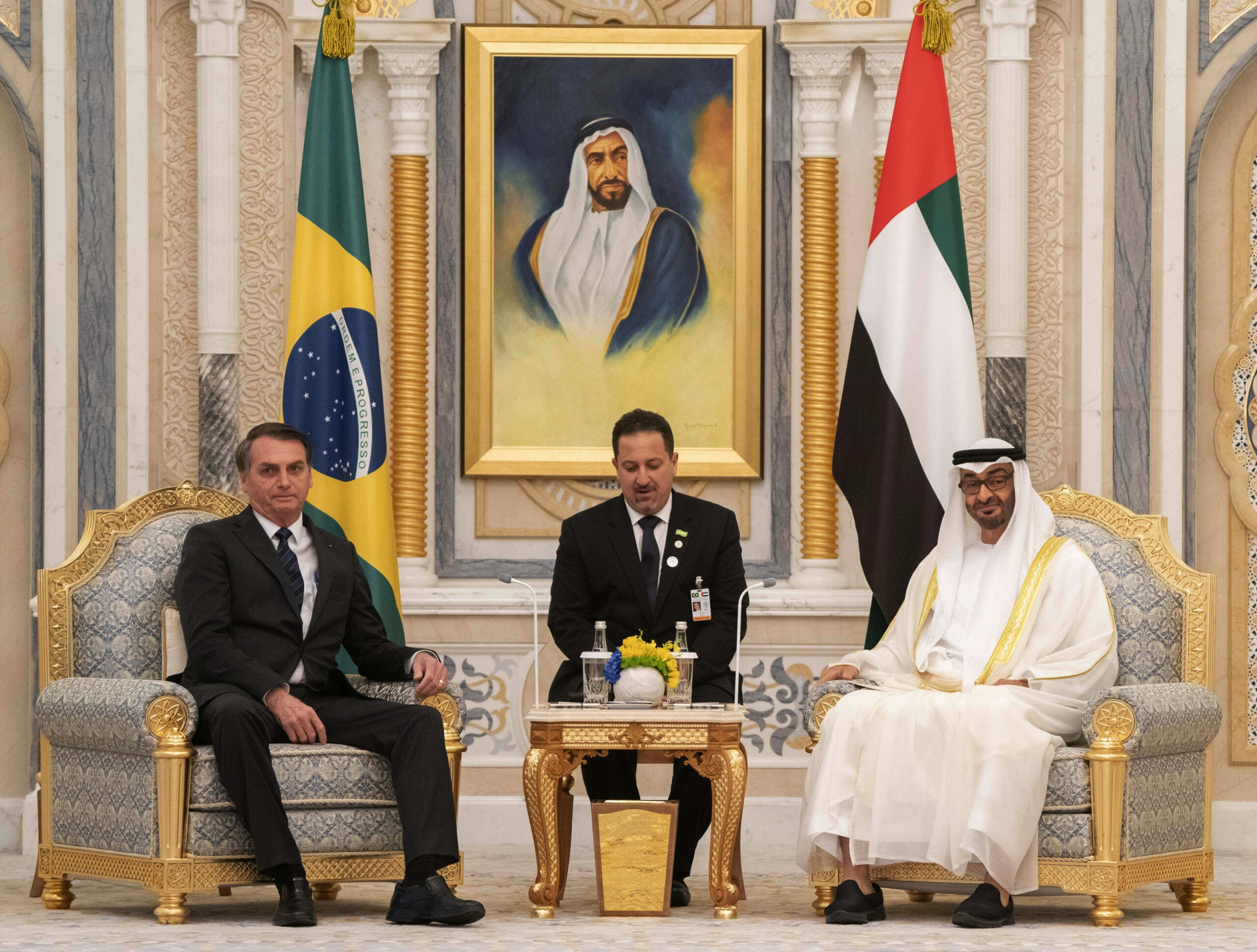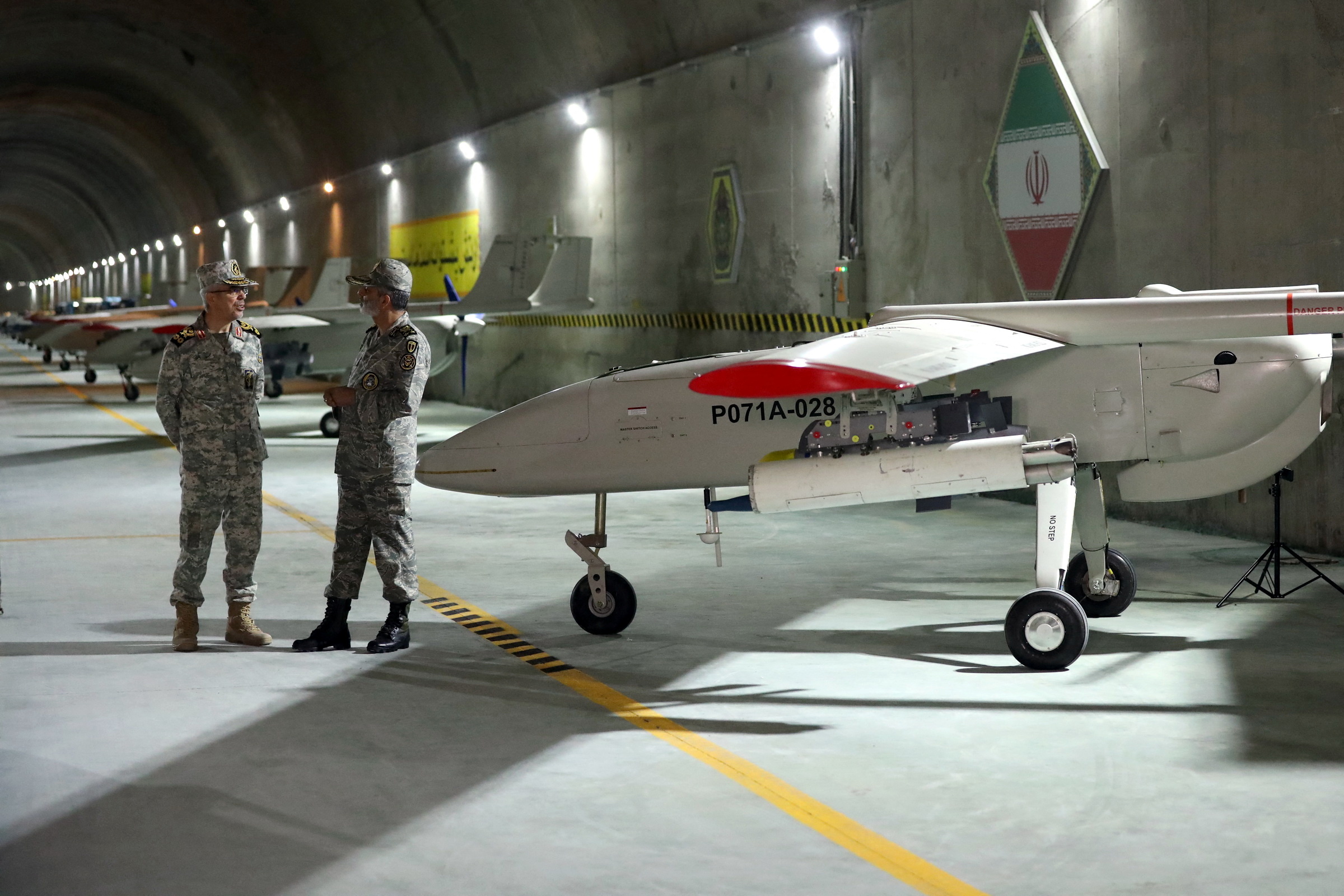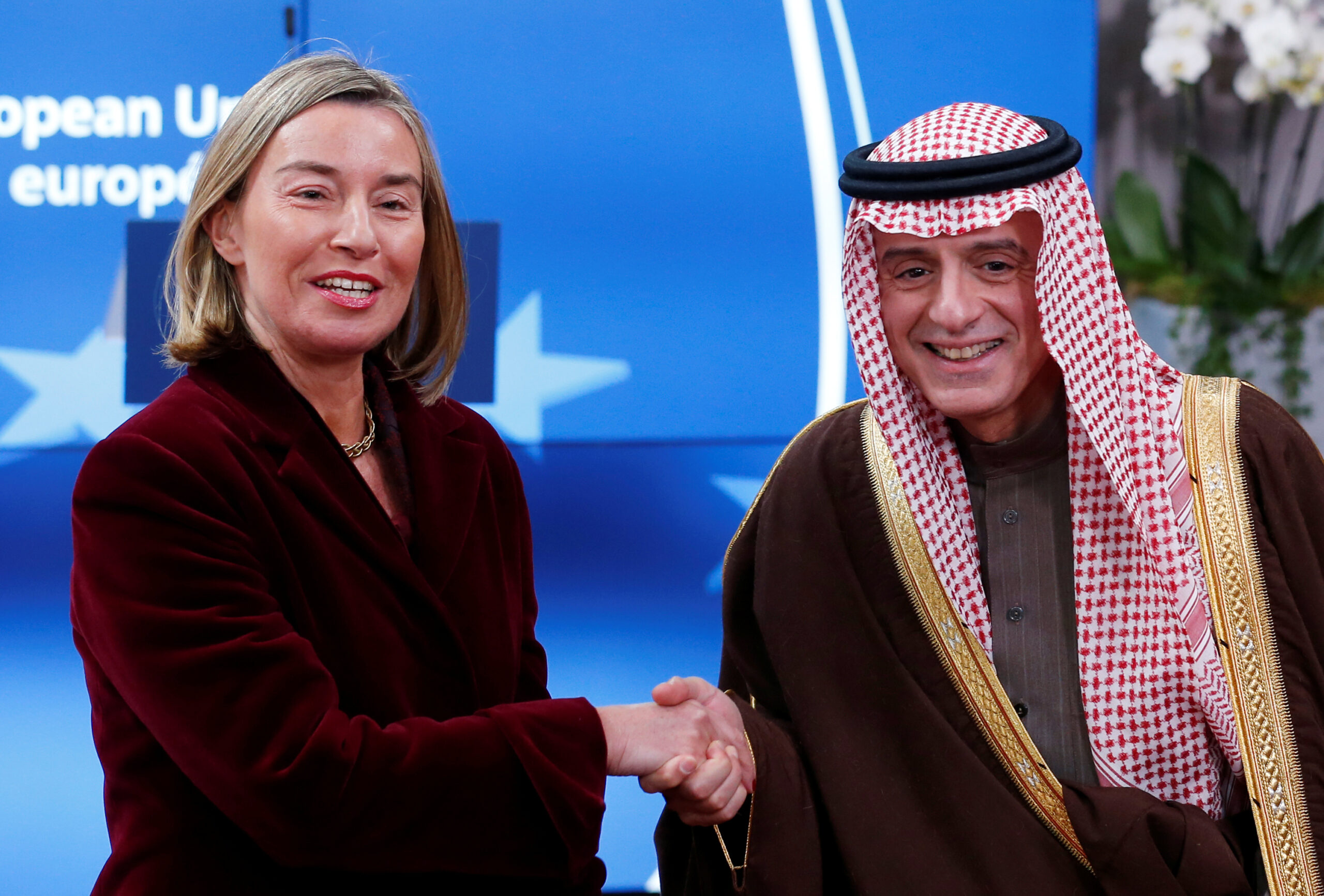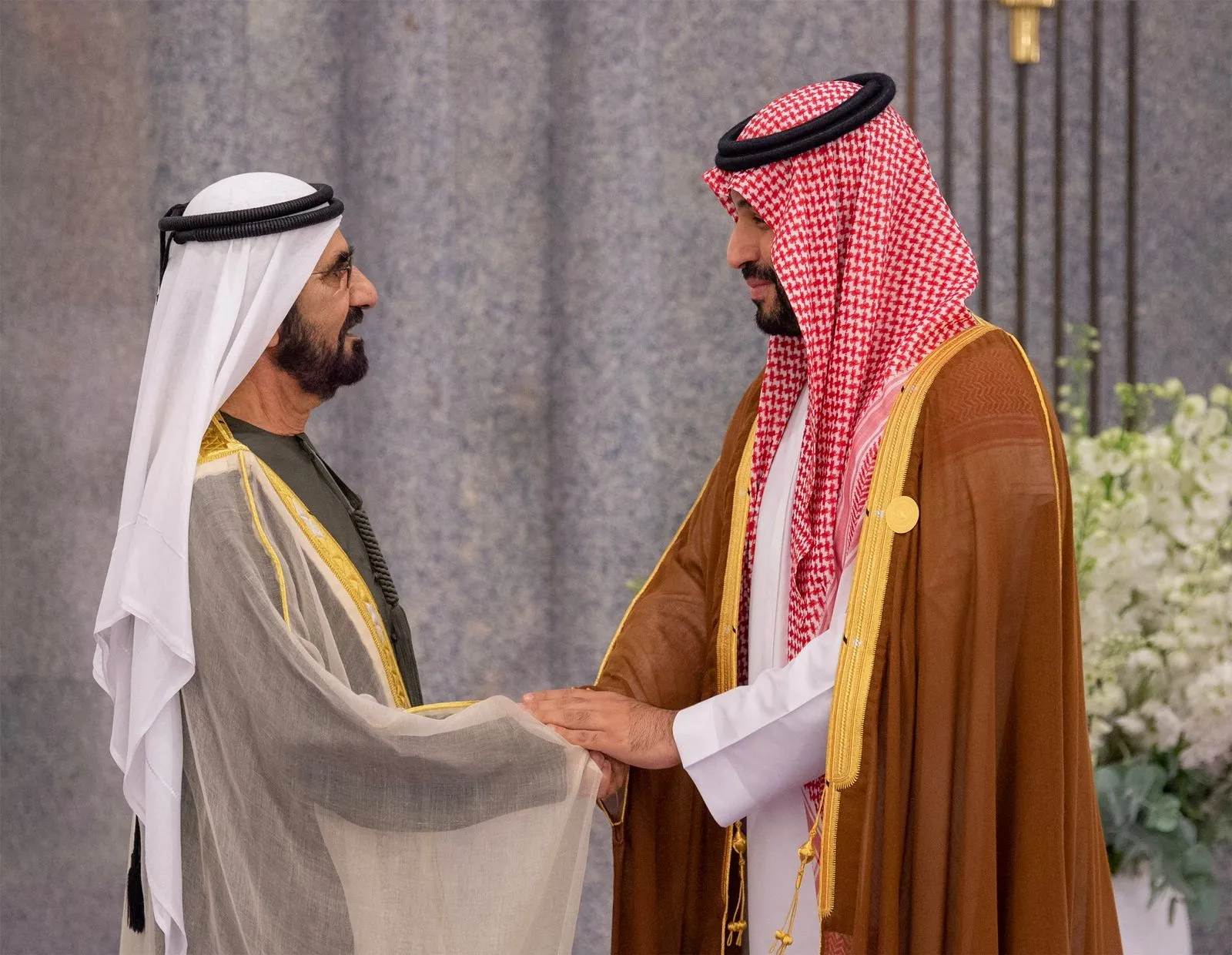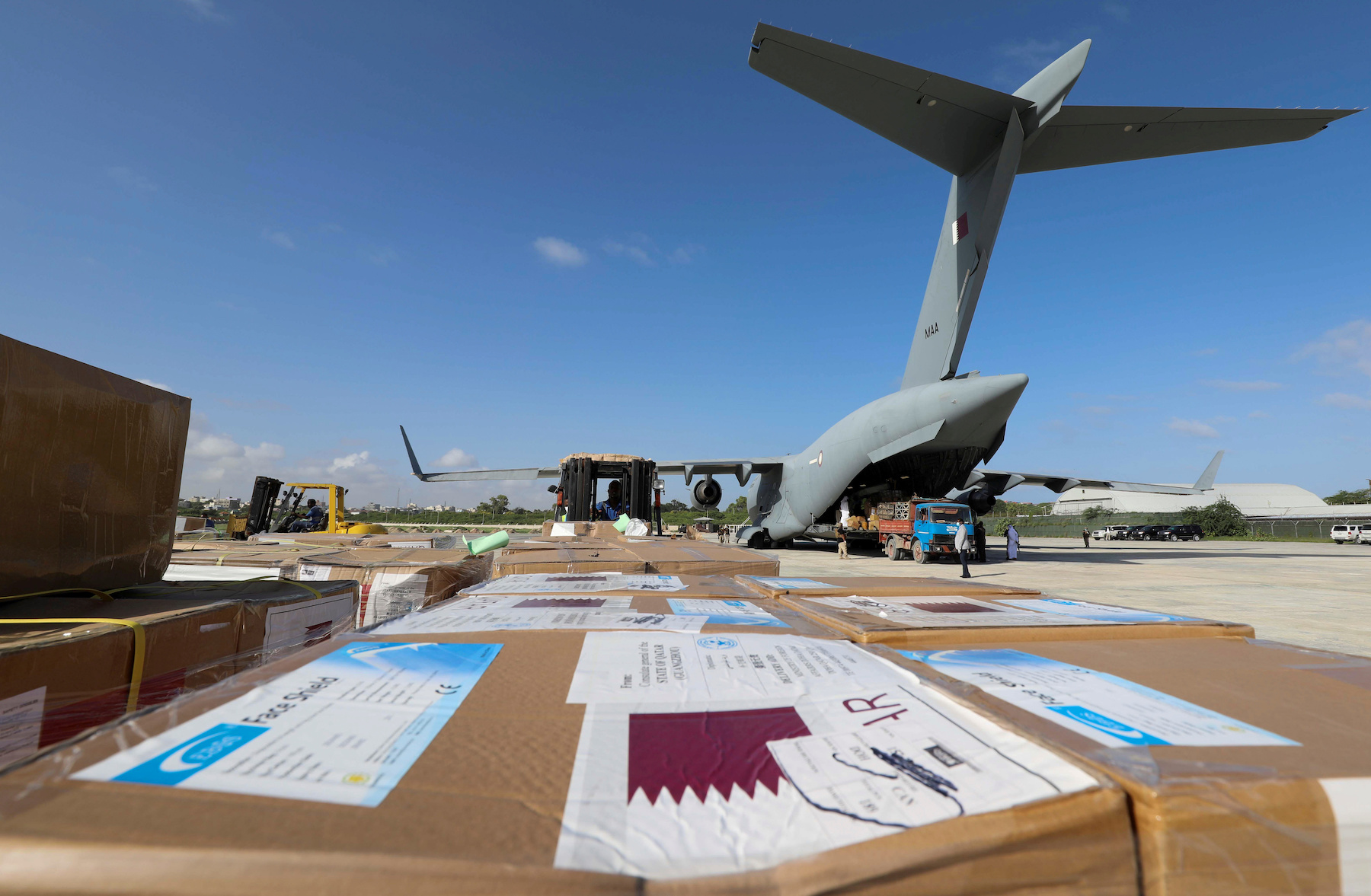The Next U.S. Administration to Confront a Middle East of New Partnerships, New Tensions, as the End of History Repeats Itself
No matter who wins the White House in November, the United States may increasingly have to manage crosscutting divisions in the existing world order.
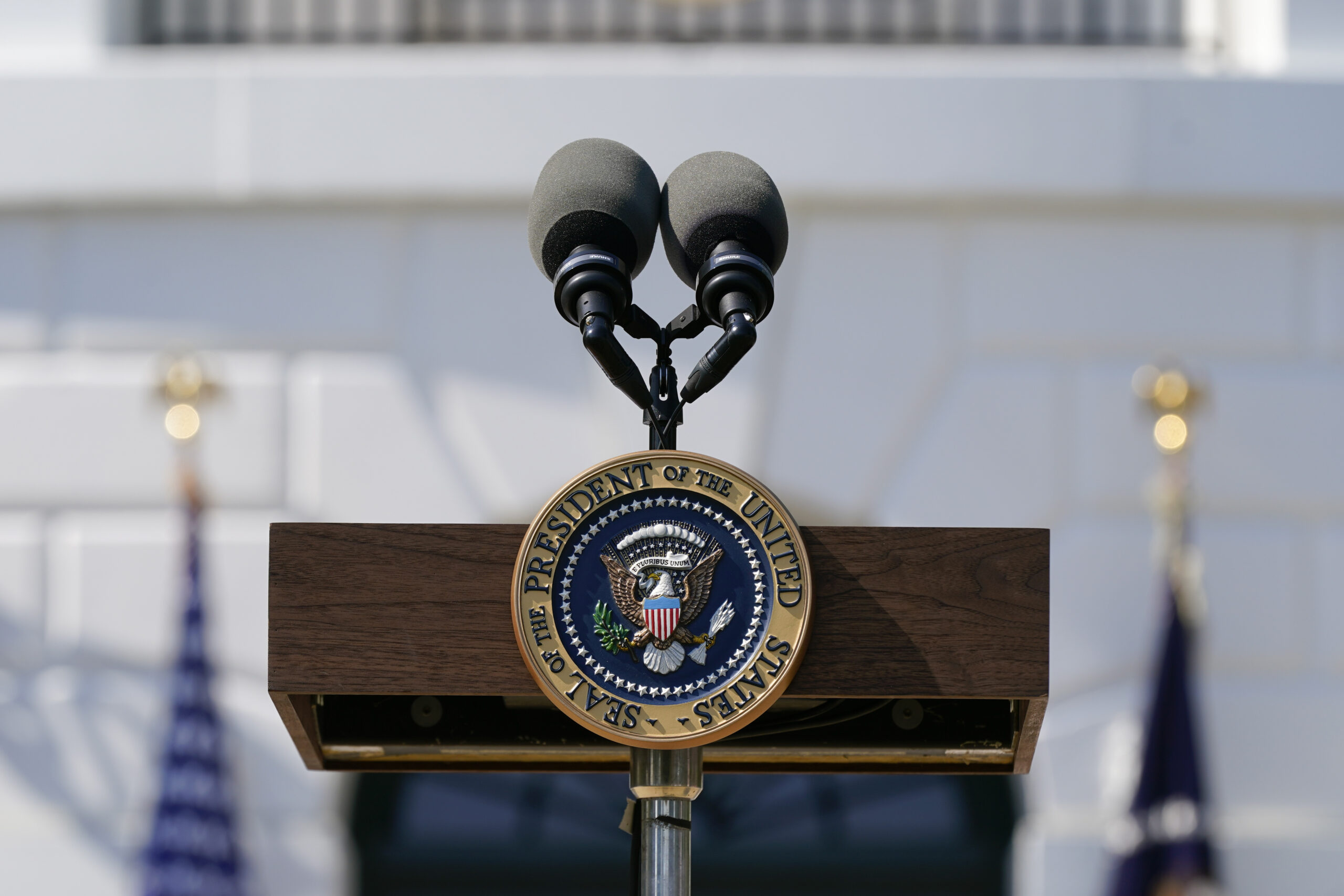
Executive Summary
The Gaza war, with its potential for regional escalation, is just one (albeit major) concern in a region prone to instability, insecurity, and unpredictability. This paper puts the evolving crisis and nuclear proliferation concerns in the Middle East into global context, alongside other U.S. foreign and domestic policy priorities, such as Russia’s war in Ukraine, competition with China, and the U.S. economy. The paper highlights how the United States and its allies have adapted and established new partnerships. Regarding the U.S. economy, the paper draws attention to how the landmark U.S. Inflation Reduction Act of 2022, including $370 billion in tax credits for the renewable energy industry, could represent both an opportunity to work with developing states on rare earth materials but could also become another source of tension with China over trade policy. The paper concludes that the risks associated with instability in the multilateral political and trading system, on which great power and regional relations pivot, are as urgent to resolve as the short-term imperatives of regional crises.
The views represented herein are the author's or speaker's own and do not necessarily reflect the views of AGSI, its staff, or its board of directors.


